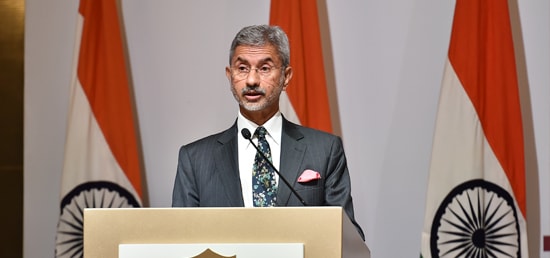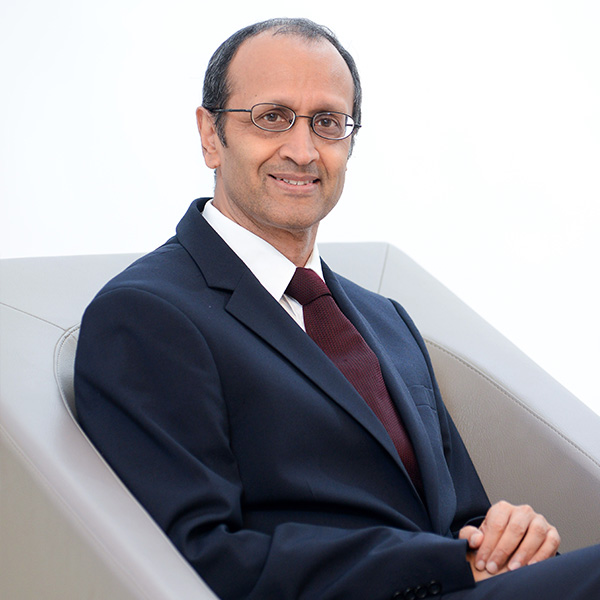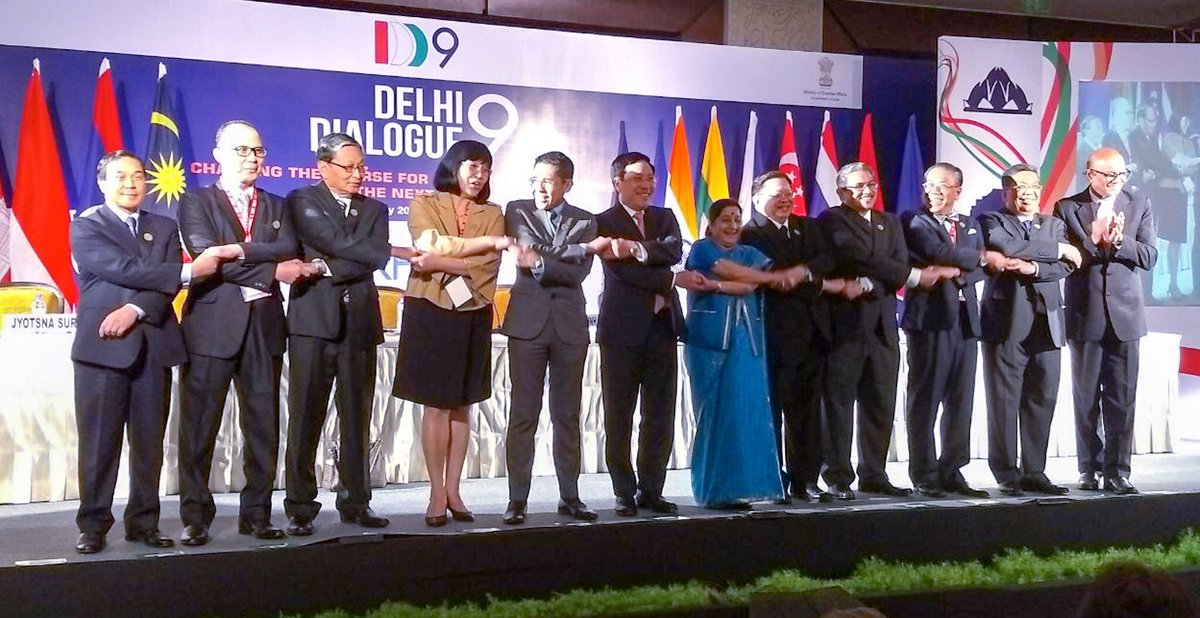Recounting the leverage provided by Singapore in the integration of India with Association of Southeast Asian Nations (ASEAN) in terms of trade, investment, and connectivity, Indian Foreign Secretary S Jaishankar has said Singapore stood out as the best testimony to the extent of engagement India enjoyed with member states of the regional group.
"Our contemporary presence is as natural in this region as it has been in the past. And perhaps, there can be no better testimony than in Singapore – connected as it is to 15 Indian cities, hosting 6,000 Indian companies and engaging India in every conceivable sector," Jaishankar said while delivering the ST Lee Distinguished Lecture of the Lee Kuan Yew School of Public Policy (LKYSPP) on ‘India, ASEAN and Changing Geopolitics’.
"Our expectation is that the Silver Jubilee will really drive home the message that India and ASEAN are closely aligned in our quest for prosperity, stability and security," Jaishankar said during the lecture that was organised at Shangri La Hotel, Singapore, to mark 25 years of India-Singapore Partnership.
Dr Kanti Prasad Bajpai, a professor at LKYSPP, said “This is the 25th year of India-ASEAN relations and so the High Commission and the LKY School wanted to do an event that related to the quarter century of the relationship – why the relationship is important and what have the two sides achieved. Clearly, this is a time of geopolitical change in the world and Asia in particular. So we also wanted to get a view from India on what India and ASEAN should be thinking about in terms of key changes and how they could work together to deal with them. There is no one better in India than the Foreign Secretary to speak to us on these issues.”
Prof Bajpai, a noted expert on Sino-Indian relations, was of the view that India needs to enter into a dialogue with China on the situation that has developed in the Bhutan-Sikkim-China area.
He said, “India needs to enter into a dialogue with China on the situation that has developed in the Bhutan-Sikkim-China area. It is not a skirmish at this point since there has been no use of force. It is a tense standoff though. And it will need some creative diplomacy on both sides to resolve matters and ensure stability. China is building and improving its infrastructure on what it claims is its side of the border. This is the principal point of worry for India because the area where China has increased its activity is very near the so-called "chicken's neck" between India, Bhutan, Nepal, and Bangladesh which is a thin slice of territory connecting northern India with northeastern India.”
Singapore is among the five founding member states of ASEAN in 1992 which was expanded to include five more countries from Southeast Asia. Recounting the progress made by India with ASEAN, the Foreign Secretary noted that India became a full Dialogue Partner in 1996, a Summit Partner in 2002 and a Strategic Partner in 2012.
"As a result, ASEAN is today India’s fourth largest trading partner and accounts for more than a tenth of its total trade. In turn, India is ASEAN’s seventh largest trading partner. Investment flows between ASEAN and India have been steadily growing," Jaishankar said.
"Singapore, of course, is the principal hub of both inward and outward investments. Businesses from this region occupy a prominent position in the Indian economy across a broad range of activities, spanning telecommunications and aviation to logistics, road building, industrial parks, and finance," he said.
"On their part, Indian companies have a presence in energy, commodities, infrastructure and banking. The expansion of connectivity between India and South East Asia is both a driver and an outcome of these collaborations," he added.
"Indeed, over the last 25 years, the inter-penetration and travel between ASEAN and India have been so extensive that most Indians now intuitively think of this region as part of their neighbourhood," Jaishankar remarked.
Even with individual ASEAN member states, the ties developed in sync, he said. "It goes almost without saying that India’s bilateral relationships with ASEAN member states have grown in tandem with its broader regional engagement… Singapore, of course, has been functioning as India’s gateway and is valued as a critical economic and security partner," he observed.
The Indian Foreign Secretary also underscored the influence of Singapore on Indian policy makers and the corporate world.
"Tuning in from a foreign policy perspective, what came out was the critical role that ASEAN and Singapore especially played in shaping the thought processes of Indian decision makers. This was a forum for India to engage the world more expansively, test ideas, exchange views and seek feedback. Mentors of this region found a more ready audience in a changing India. Their advice and experiences offered guidance as India moved along an uncharted path," he said.
"It was, therefore, only fitting that Prime Minister (Narendra) Modi acknowledged this debt through his presence at the funeral of (Late Singaporean Prime Minister) Lee Kuan Yew," he added.
Citing Singapore as a "vivid example" of Indian investments, Jaishankar said it facilitated "the externalisation of Indian economy" to a great degree, unlocking a new wave of Indian investment abroad.





